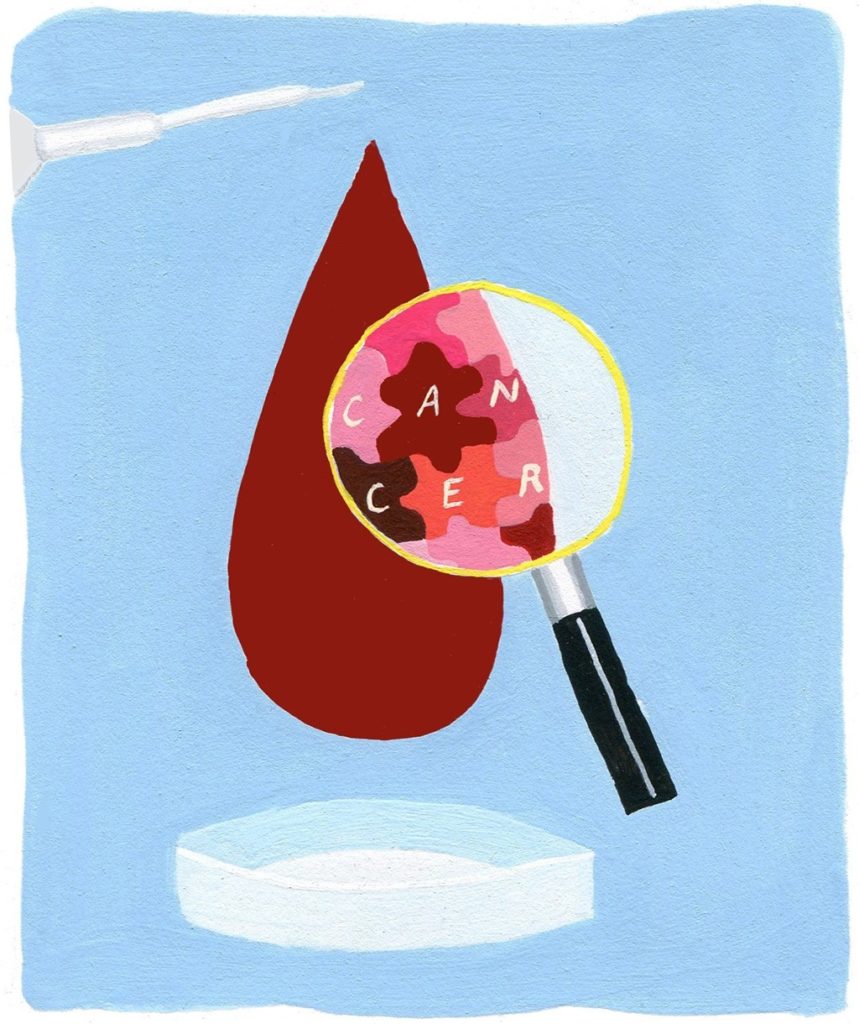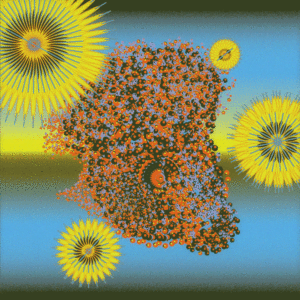Cancer sleuth

While cancer patients are undergoing treatment, it’s often necessary to biopsy their tumors repeatedly to detect mutations. Now, a group of Stanford researchers has refined a DNA sequencing technique that could allow oncologists to replace those invasive biopsies with a simple blood test.
The new approach helps weed out errors introduced during amplification, when snippets of tumor DNA captured from the blood are duplicated many times in preparation for sequencing. The researchers tagged the original DNA molecules with “bar codes” so they could distinguish duplication errors from true mutations. They paired that with a computational approach that flags recurrent errors at common locations for further analysis.
“By tagging DNA molecules at the top of the food chain, we can keep track of which molecules have been faithfully reproduced during the sequencing process and which have accumulated errors that were not present in a patient’s tumor or bloodstream,” says Ash Alizadeh, MD, PhD, assistant professor of oncology. Alizadeh shares senior authorship of the study, published in the May 2016 issue of Nature Biotechnology, with assistant professor of radiation oncology Maximilian Diehn, MD, PhD. Instructor Aaron Newman, PhD, and former postdoctoral scholars Alexander Lovejoy, PhD, and Daniel Klass, PhD, share lead authorship.
Once mutations have been identified, the technique can detect as few as one or two tumor DNA sequences among 400,000 nontumor DNA fragments. “Now we can detect even more sensitively the presence of specific mutations in the cancer DNA that could help drive treatment choices or detect the presence of residual cancer,” says Diehn.
